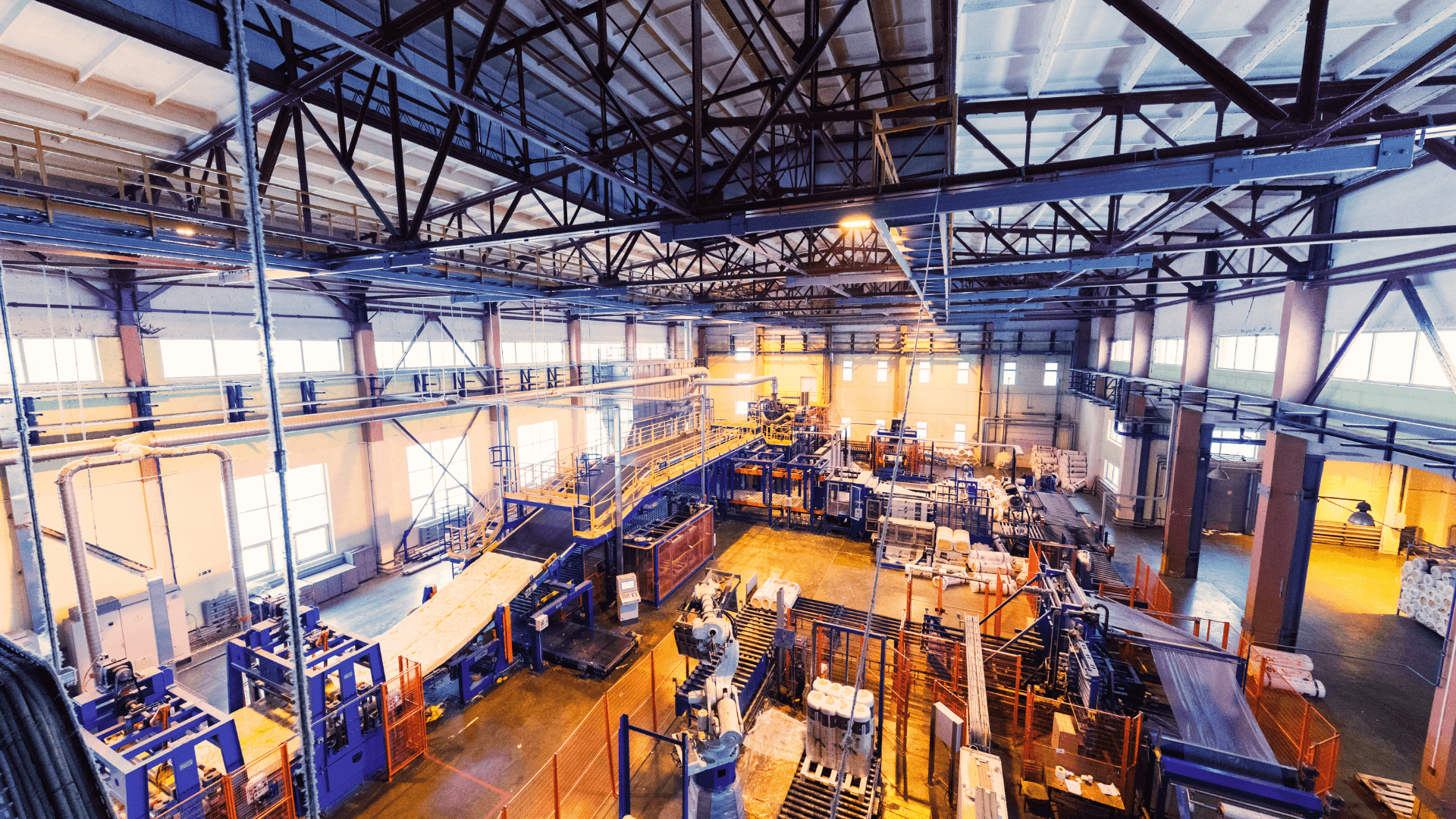For many Indian business owners, access to timely funding can make or break growth plans. Yet, traditional bank loans often come with rigid requirements, such as high credit scores, multiple years of profitability, and extensive documentation. If a bank declines your business loan application, it doesn’t necessarily mean your business lacks potential. It simply means the traditional route isn’t the right fit for your current stage.
That’s where a business Loan Against Property (BLAP) can make all the difference. Whether you need funds for working capital, expansion, supplier payments, or machinery upgrades, BLAP offers a smarter, asset-backed way to unlock the value of property you already own.
Understanding an Alternative Finance Option – BLAP
A BLAP is a secured loan that allows business owners to borrow funds by pledging commercial, residential, or industrial property as collateral. You retain ownership while leveraging its market value to generate working capital.
Typically, lenders sanction up to 60–75% of the property’s market value, depending on the property type, business profile, and repayment history.
Why BLAP Is a Smarter Alternative to Traditional Business Loans
There are several reasons business owners turn to BLAP when banks decline their applications for conventional loans.
- Higher loan amounts: A business loan against property can offer significantly higher financing compared to unsecured loans. Since your property acts as collateral, lenders are more comfortable offering bigger ticket sizes – ideal for scaling operations or funding long-term growth.
- Lower interest rates: Interest rates on BLAPs are generally lower than unsecured loans. This helps reduce EMI pressure and improves cash flow, making it easier to plan long-term investments.
- Flexible usage: Funds from a BLAP are multipurpose. You can use them to expand capacity, modernise equipment, pay vendors, or manage temporary cash shortfalls. It’s also an excellent option as a business loan against property for supplier payment, ensuring your supply chain runs smoothly even during delayed receivables.
- Longer tenures: While most unsecured loans must be repaid within 2–3 years, BLAPs can offer repayment tenures of up to 7 years – giving you breathing space to reinvest earnings back into the business.
- Easier approvals for established businesses: If your property and financials are in order, getting a business loan against property approved can be simpler than convincing a bank for a high-risk, unsecured business loan.
Who Should Consider Taking an BLAP in Place of a Regular Bank Loan?
A BLAP suits business owners who have stable property ownership and need mid- to long-term funding for growth or liquidity management.
You may consider taking a BLAP if you:
- Face cash flow gaps due to delayed payments or seasonal fluctuations
- Need working capital for large orders or supply chain commitments
- Plan to invest in new machinery, infrastructure, or expansion
- Want to consolidate multiple smaller loans into one manageable facility
Essentially, a BLAP is ideal for those looking to leverage their existing assets rather than depend solely on unsecured financing. It’s a smart choice for entrepreneurs who prefer controlled, sustainable growth backed by tangible security.
How BLAP Helps in Business Growth and Cash Flow Management
One of the biggest advantages of BLAP is its role in stabilising and growing your business’s financial base. Here’s how:
- Working capital support: Businesses can use a business loan against property for working capital to maintain day-to-day operations without disruption and ensure timely payments to suppliers and employees.
- Vendor and supplier management: If pending receivables delay supplier payments, a BLAP to settle supplier dues helps preserve relationships and ensures supply chain continuity.
- Expansion and diversification: BLAP allows businesses to expand capacity, enter new markets, or add production lines – without disturbing existing cash reserves.
- Better financial planning: With predictable EMIs and flexible repayment schedules, BLAP provides a structured way to manage business cash flows.
Eligibility Criteria and Documentation for BLAP
Most business loan against property lenders in India evaluate the financial profile and property value for any business or enterprise (SMEs or other types). While criteria may differ slightly by institution, the general requirements include:
Eligibility:
- Applicant must be a self-employed individual, a partner, or a private limited company
- Minimum three years of stable business operations
- Ownership of a self-occupied or rented commercial, residential, or industrial property
- Satisfactory plan to repay the loan and good credit history.
Documents Typically Required:
- Three years’ balance sheet and ITR
- Twelve months’ bank statement
- GST returns for the current year
- KYC: Aadhar and PAN
- Residence and factory ownership proof
These are fairly standard, but NBFCs such as Electronica Finance Limited (EFL) often offer a streamlined process through their digital platform, reducing manual paperwork and turnaround time.
Things to Consider Before Opting for BLAP
Before committing to a BLAP, assess these practical factors:
- Loan-to-value ratio (LTV): A higher LTV means more funds, but also higher liability.
- Repayment capacity: Consider your cash flow projections before choosing the loan amount.
- Interest type: Fixed rates offer stability; floating rates can vary with market changes, and can go lower than the starting rate
- Tenure and prepayment: Understand the flexibility around early repayments and charges.
Being aware of these details ensures your BLAP supports your growth instead of becoming a burden.
Tips to Get the Best BLAP Offer from Lenders
To secure a favourable BLAP deal:
- Maintain clean financial records and tax filings
- Opt for professional property valuation to avoid underestimation
- Choose trusted NBFCs that specialise in business loans against property in India, as they often have faster processing and tailored products
- Negotiate tenure and interest terms based on your repayment pattern
Is BLAP Right for Your Business Needs?
Unlike unsecured financing options, a BLAP allows you to access high-value funding with longer repayment tenures and relatively lower interest rates – helping your business maintain liquidity and continuity, even when conventional lenders hesitate.
Looking for a reliable way to fund your business goals?
Download the EFL Clik App to explore tailored BLAP solutions that fit your business perfectly.
FAQs
1. What kind of properties can be used for BLAP?
Commercial, residential, and industrial properties can all be pledged, provided ownership is clear and documentation is complete.
2. Is BLAP a good option for small businesses and startups?
Yes, especially for small businesses that own property but face rejection from banks due to limited credit history or turnover.
3. What are the risks involved in taking a BLAP?
The key risk is asset exposure, and defaulting on payments can lead to repossession. However, disciplined repayment eliminates this risk.
4. How long does it take to get a BLAP approved?
With NBFCs like EFL, approval can happen within three working days once property valuation and documentation are complete.
5. What is the typical interest rate for BLAP in India?
Interest rates typically range between 10%–14% p.a., depending on property type, borrower profile, and lender policy.



